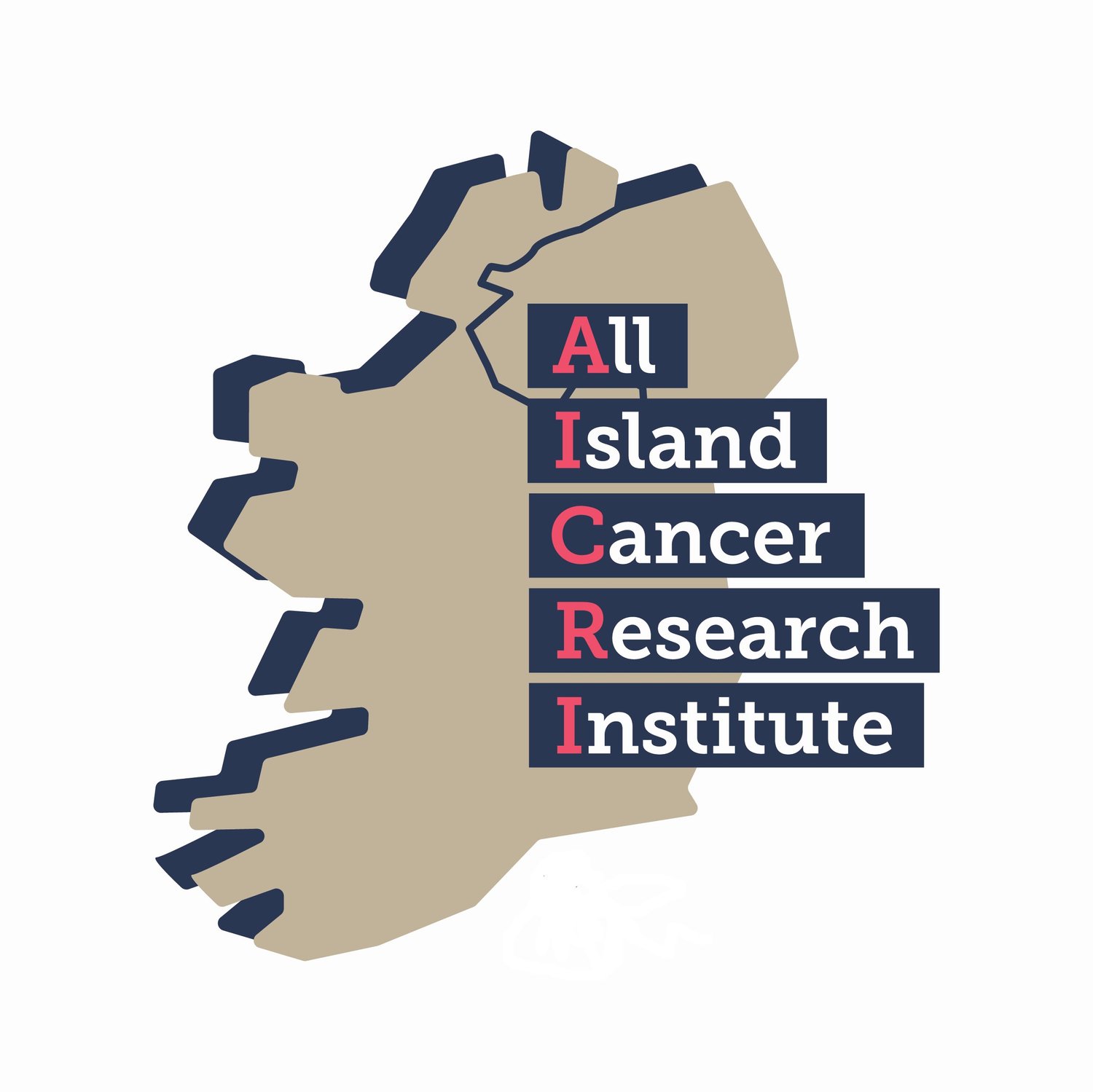
AICRI's Research Programmes comprises four main Research Pillars:
Cancer Prevention
Cancer Diagnosis
Cancer Treatment
Survivorship/Quality of life
Each of the four main research pillars will be broken down into focus areas such as Immuno-Oncology and the Microbiome and other focus areas as AICRI’s Research Programme is fleshed out.
To help flesh out AICRI's Research Programme four workshops were held in 2021 and 2022. These workshops were very successful and very well attended by researchers across the island of Ireland. The key findings from these workshops will inform AICRI's Strategy and Research Programme going forward.
-

Living With and Beyond Cancer
On 26th November 2021, AICRI held an online workshop on Living With and Beyond Cancer which was led by Trinity College Dublin and attended by 100 people. Topics covered in this workshop included exercise and nutrition, communication and psychosocial needs and systems change and supporting optimum quality of life across the life span. The findings of the workshop highlighted the added value of research in this area of survivorship and living with and beyond cancer is to meet the needs of cancer patients toDownload the programme here. recover after a cancer diagnosis and to optimise their quality of life and that of their families. Download the programme here.
-

Immuno-Oncology and the Microbiome Workshop
On 24th March 2022, AICRI held an online workshop on Immuno-Oncology and the Microbiome which was led by the Royal College of Surgeons in Ireland and University College Cork and attended by 72 people. Topics covered in this workshop included tumour immunology, immune cell therapy for cancer and other forms of immunotherapy, as well as the role of the microbiome as a modulator of cancer risk and cancer development. This workshop again highlighted the need for greater collaboration between academics and clinicians. The workshop also pointed out the need for greater patient involvement in research and that patient input should be an integral part of clinical research projects. Download the programme here.
-

Hybrid Digital Health in Cancer Workshop
On 27th April 2022, AICRI held a hybrid Digital Health in Cancer workshop at Dell Technologies, Limerick, led by the University of Limerick and Queen’s University Belfast with over 120 attendees. Topics covered in this workshop included digital health in the cancer landscape on the island of Ireland, data sharing, patient involvement and federated eHealth, mining ‘omic’ and image data in cancer research. Findings from this workshop highlighted the need for transparency and the importance of developing trust from the outset and clearly explaining what data is being used for. The workshop also pointed out that there is a need for more training in digital pathology and in the use of artificial intelligence (AI). We heard about the potential of AI-enabled digital twins in enabling the development of personalised diagnostics and treatments for cancer patients. We were reminded that clinicians need more support as technology at the point of care continues to evolve. Download the programme here.
-

Functional Cancer Genomics and Precision Oncology Workshop
On 26th May 2022, AICRI held an online workshop on Functional Cancer Genomics and Precision Oncology, led by Trinity College Dublin and University College Dublin, which was attended by 180 people. Topics covered in this workshop included harnessing functional genomics to develop targeted therapies for cancers, genomics-driven RNA therapeutics in oncology, digital twins for precision oncology, and adaptive clinical trial designs to facilitate precision oncology. The workshop highlighted the importance of training in state-of-the-art technology and analysis, as well as the natural progression from functional cancer genomics to precision oncology. The workshop also pointed out the need for more collaboration between scientists and clinicians, as exemplified by ongoing discussions in relation to national policy on genomics and genetics which the HSE is currently developing together with a variety of stakeholders. Download the programme here.
